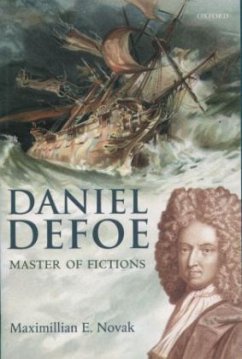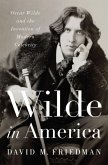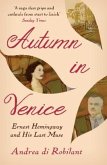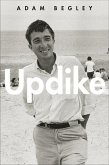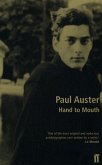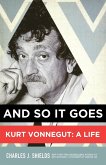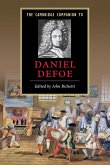Daniel Defoe, best known as the author of Robinson Crusoe, lived during a period of dramatic historical, political, and social change in Britain. Through his pamphlets, newspapers, books of travel, and works of fiction he commented on anything and everything, from birth control to the price of coal, from flying machines to academies for women, from security for the aged to the dangers of the plague.
In his fiction he created a type of vivid realism that powerfully influenced the development of the novel. The publication of works such as Robinson Crusoe are major events because they shape the ways in which we see our world, so that ever afterwards thoughts of desolation and desert islands immediately evoke Defoe`s masterpiece. From his earliest collection of brief stories, which he presented to his future wife under the sobriquet Bellmour, to his Compleat English Gentleman, left unpublished at his death, Defoe was pre-eminently a creator of fictions.
This work gives us a full understanding of the thought and personal experience that went into Crusoe, Moll Flanders, and Roxana.
In his fiction he created a type of vivid realism that powerfully influenced the development of the novel. The publication of works such as Robinson Crusoe are major events because they shape the ways in which we see our world, so that ever afterwards thoughts of desolation and desert islands immediately evoke Defoe`s masterpiece. From his earliest collection of brief stories, which he presented to his future wife under the sobriquet Bellmour, to his Compleat English Gentleman, left unpublished at his death, Defoe was pre-eminently a creator of fictions.
This work gives us a full understanding of the thought and personal experience that went into Crusoe, Moll Flanders, and Roxana.

